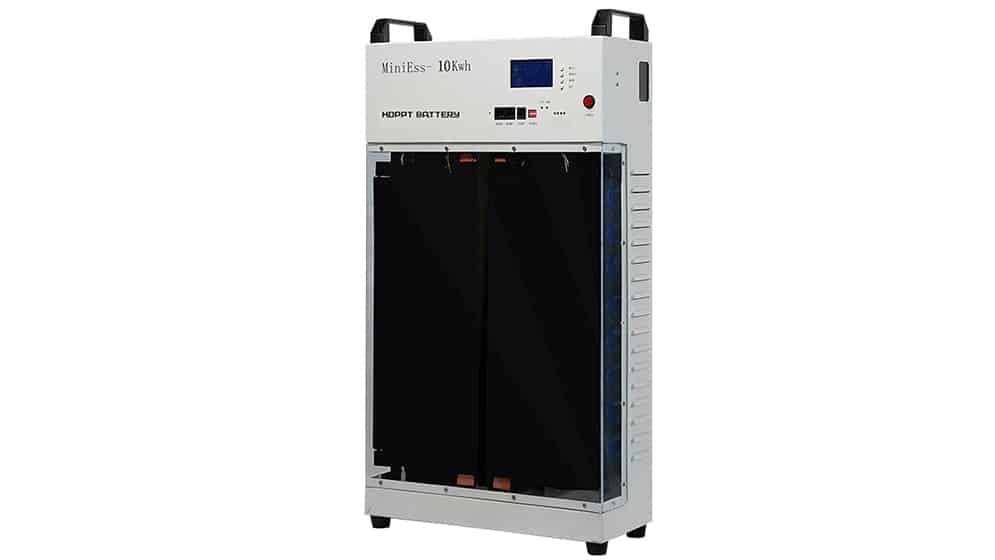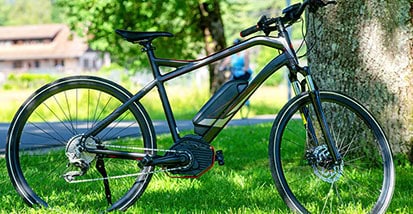- Curved Lithium Polymer battery
- Fast Charge Polymer Battery
- Flexible Polymer Lithium Battery
- Ultra-thin Polymer Battery
/ Blog / Battery Knowledge /
Home energy storage system
21 Feb, 2022
By hoppt

What is a home energy storage system (HESS) and how does it work?
A home energy storage system (HESS) uses electricity to store thermal or kinetic energy in the form of heat or motion, respectively.
Energy can be stored in HESS when there is too much supply or not enough demand for electricity on the grid. This excess supply can result from renewable sources such as solar panels and wind turbines, whose output varies depending on the weather. In addition, sources such as nuclear power plants don't have a demand for their excess supply at all times since they operate constantly whether there's excess supply or not
Features
- Reduces greenhouse gases
- Decreases the need to build new power plants
- Promotes grid stability by increasing energy storage capacity
- Reduces peak load times by storing electricity when demand is low and releasing it when demand is high
- Can be used to make green buildings more efficient
- Has a combined capacity of over 9 GW (9,000 MW) in 2017
Pros
- Home energy storage systems (HESS) provide a more stable and efficient grid by allowing the storing and transfer of electricity between homes and power grids
- HESS can help users save money on their electric bills, especially during peak hours when prices are highest
- By increasing the capacity for electricity storage , HESS can make green buildings more efficient (for example, only using electricity from renewable sources such as solar panels during sunny days or wind turbines on windy days)
- HESS can be used to power homes during blackouts for up-to four hours
- HESS can also provide emergency backup power for hospitals, cell phone towers, and other disaster relief locations
- HESS allows more green energy generation since renewable sources are not always available to produce electricity when needed
- Home energy storage systems (HESS) are currently being used by businesses such as Amazon Web Services and Microsoft to help them reduce their carbon footprint
- In the future, home energy storage systems may be able to store excess heat from one building or structure in order to use it at a different time or in a different location
- To additional capacity for electricity grids , HESS are being installed in communities around the world to support alternative sources of energy such as solar panels and wind turbines
- HESS provide a solution for intermittency issues by allowing renewable energy sources to work more efficiently by storing excess supply when these sources are available
Cons
- Despite its many benefits, there are some potential complications with home energy storage systems (HESS) that should be considered. For example , it may be difficult for power grids to adjust their output since they won't always have access to stored electricity from HESS
- Without policies encouraging or requiring grid participation, electricity customers may have few incentives to buy home energy storage systems (HESS)
- Relatedly, utilities will fear revenue loss from the customer-sited grid participation because HESS can be used to provide power when it would otherwise not be sold
- Home energy storage systems (HESS) pose a potential safety issue due to the large amounts of electricity stored in them for later distribution
- Relatedly, these large quantities of electricity can prove dangerous if they are mishandled by homeowners during installation and use
- Despite its benefits, home energy storage systems (HESS) requires users to pay upfront costs and may not save money over time without subsidies or incentives
- If there is too much demand for electricity at one point in time, excess electricity from HESS will need to be transferred elsewhere. This process could become complicated and delay power delivery
- The installation of home energy storage systems (HESS) may have high costs related to permitting, connection fees, and installation in areas not already wired for electricity
conclusion
Home energy storage systems (HESS) are becoming increasingly popular due to their ability to help homeowners save money on their electric bills, provide emergency backup power for homes and businesses, reduce carbon footprints, increase the efficiency of green buildings by storing excess supply, and create a solution for intermittency issues.



